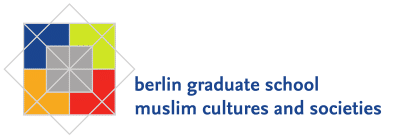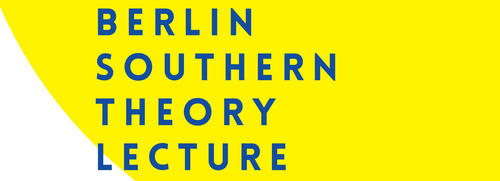Call for Papers: 115th AAA Annual Meeting 'Evidence, Accident, Discovery' 16th-20th Nov. 2016, Minneapolis
"Evidence or experience based? Biomedicine as localized practices"
Organisers: Mustafa Abdalla (PhD, Freie Universität Berlin), Judith Schühle (PhD Candidate, Freie Universität Berlin)
News vom 11.03.2016
Biomedicine has always been an inherently transnational practice, especially in the ‘global South’ with professionals from different localities moving to study, to teach or to practice in other countries. However, it has also taken root in local contexts and developed as historically grown localized practices in different regions worldwide. Countering the “technological imperative” (Adams and Kaufman 2011) from the ‘global North’, many physicians trained in and/or practicing in the ‘global South’ understand experience-based hands-on medicine as the core of biomedicine.
Mastery in this art of medicine rather than merely in the science of medicine is viewed as one characteristic of local biomedical practice that distinguishes doctors in the ‘global South’. Thus, the global biomedical landscape today is characterized by both a highly technologized evidence-based medical practice, where magnetic resonance imaging (MRI) and computerized axial tomography scans (CAT) become standard investigative tools as well as a hands-on approach where diagnoses are made with little technological intervention by relying on conventional tools such as the stethoscope and are based on experience (c.f. Livingston 2012, Street 2014).
In this panel, we seek to focus on local variations of practicing biomedicine: What characterizes good medical practice in different biomedical contexts (e.g. in the ‘global South’ and in the ‘global North’, in public and private healthcare systems)? How do doctors arrive at a diagnosis in highly technologized environments and in less technologized contexts? What ideas on care go with one and the other? Which local variations exist of history-taking and physical examination? What generational differences exist in practicing medicine within one context? How is medical practice taught in evidence and experienced based environments? What does evidence mean in different contexts? How is evidence perceived by patients and professionals? How is it communicated in different localized biomedical languages? Which factors (e.g. availability of technology, litigation, patient-demand) contribute to a favoring of evidence-based medicine? What do narratives on special
hands-on skills say about a positioning of doctors on a global biomedical landscape? What happens to perceptions of best local practices when doctors practice in other localities (e.g. after migrating or during medical missions)? How do biomedical practices shape the relationship between patients, physicians and also medical students in different contexts?
We invite papers that focus on local biomedical practices worldwide, that examine how they are shaped by local conditions as well as flows of global biomedical knowledge and technologies embedded in historically grown power regimes and consider how agency is created by narratives of best local practice.
Please email your abstract of no more than 250 words to Judith Schühle (j.schuehle@fu-berlin.de) before 31st March 2016. Abstracts will then be reviewed and emails of acceptance will be sent out on 4th April 2016.
Please note that if your abstract will be chosen, you have to register for the AAA conference and submit your abstract online before 15th April 2016. Should you have any questions, please do not hesitate to email the panel convenors Judith Schühle (j.schuehle@fu-berlin.de) and Mustafa Abdalla (mustafa@zedat.fu-berlin.de).
Works cited:
Adams, Vincanne and Kaufman, Sharon R. (2011): Ethnography and the Making of Modern Health. Culture, Medicine and Psychiatry 35(2): 313-320.
Livingston, Julie (2012): Improvising Medicine: An African Oncology Ward in an Emerging Cancer Epidemic. Durham: Duke University Press.
Street, Alice (2014): Biomedicine in an Unstable Place. Infrastructure and Personhood in a Papua New Guinean Hospital. London, Durham: Duke University Press.
Best regards
Judith Schühle and Mustafa Abdalla


